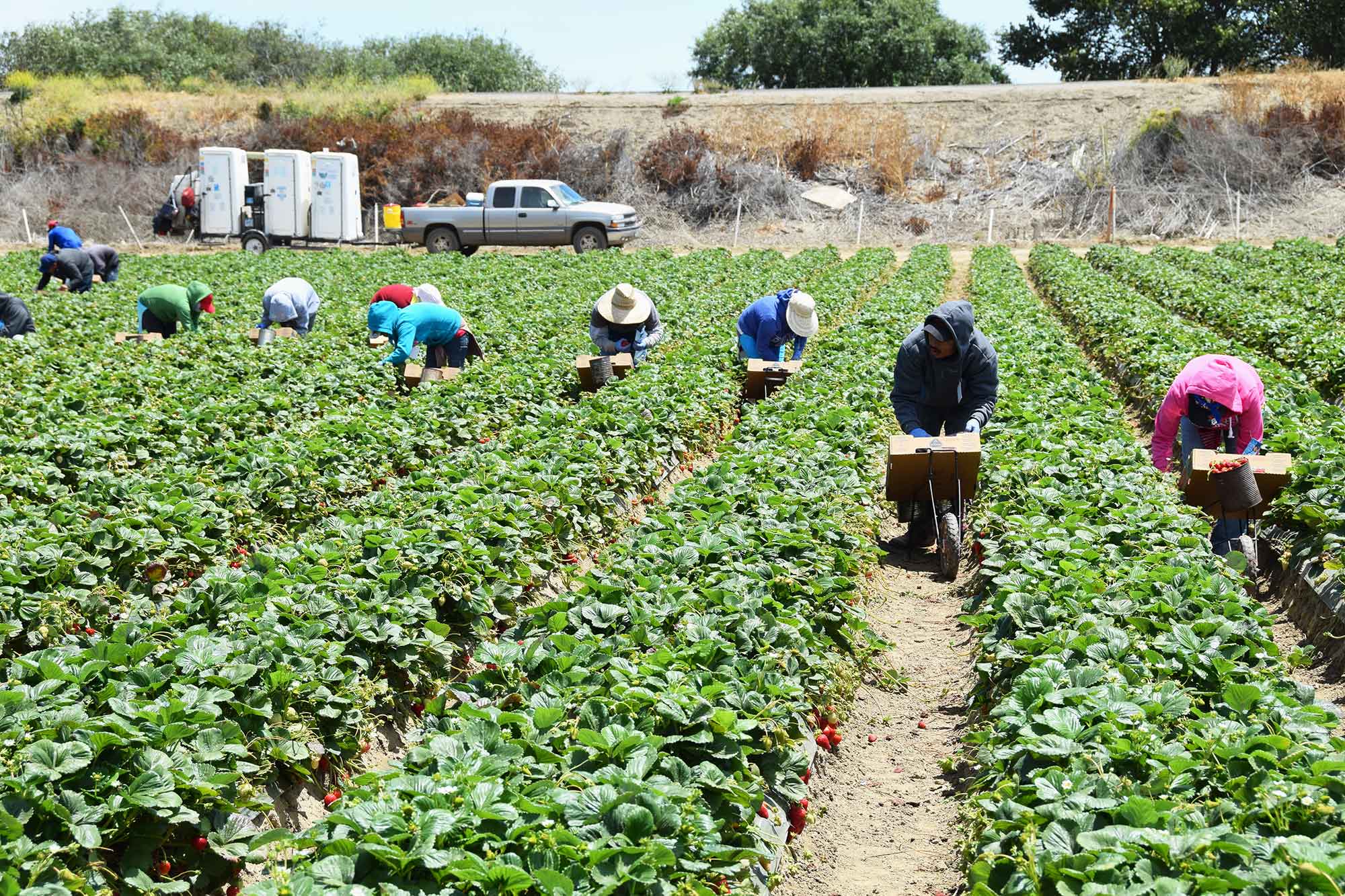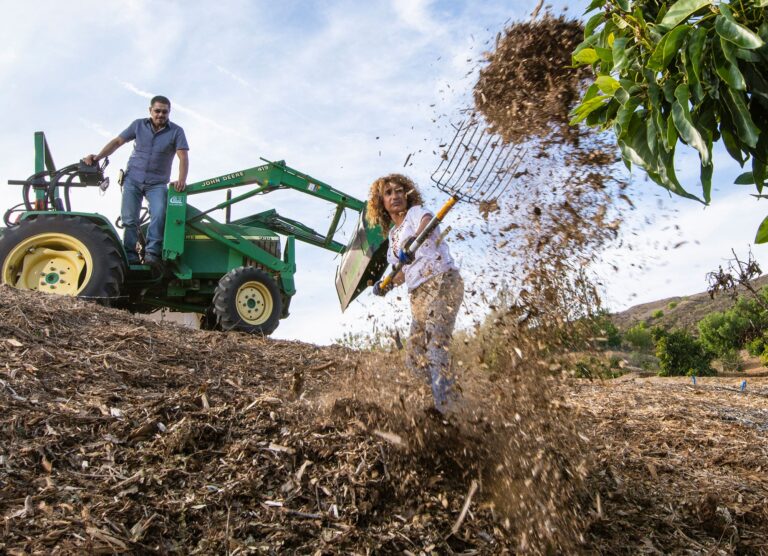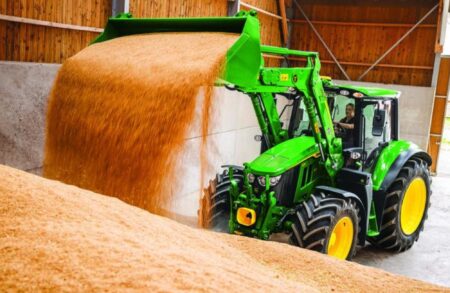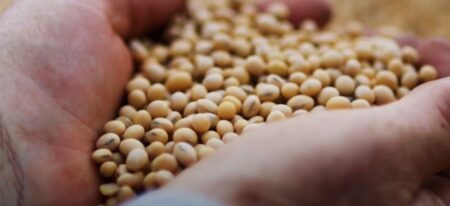The Trump administration’s termination of work permits for more than 530,000 immigrants could have far-reaching economic consequences for the country’s agricultural sector, potentially deepening labor shortages and leading to higher food prices.
According to a recent analysis by FWD.us, a bipartisan immigration advocacy group, the rollback of humanitarian parole programs and other immigration policies could sharply reduce the workforce in several U.S. industries that rely on immigrant labor.
Under the Biden administration, immigrants from Cuba, Haiti, Nicaragua, and Venezuela — four countries grappling with ongoing humanitarian crises — were allowed to enter the U.S. temporarily under a humanitarian parole system that required a background check and financial sponsor.
But earlier this year, the Trump administration ended these programs, and the Supreme Court has upheld the move. As a result, hundreds of thousands of immigrants lost their legal right to work and are now considered undocumented.
FWD.us estimates that around 740,000 workers from those countries and others had been employed under humanitarian parole. Of those, at least 30,000 worked on farms, and an additional 90,000 held jobs in manufacturing — including meatpacking and food processing plants.
The potential labor shortfall in these essential industries could ripple through the economy.

Using a model developed by Francesc Ortega, a professor of economics at the City University of New York, FWD.us projects that the current administration’s recent and proposed immigration policies could drive a 14.5 percent increase in prices for food, beverages and tobacco products between 2024 and 2028 — on top of existing inflation.
“We used economic modeling to estimate the impact that some of President Trump’s immigration policies would have on prices for the average American household,” said Phillip Connor, senior demographer at FWD.us. “When large parts of the workforce are removed, the demand for goods and services stays the same, but there are fewer workers to produce them. That imbalance is what drives prices up.”
Some employers have already begun layoffs. In recent months, companies like Walmart and JBS began terminating workers who lost their work authorizations following the Supreme Court decision.
The ruling comes amid a contradictory and evolving set of signals from the Trump administration regarding immigrant labor in the agricultural sector.
This month, Trump floated the idea of granting temporary permits for undocumented workers on farms and in meatpacking plants. Yet, in recent months, there have been multiple reports of ICE raids on farms, and a meatpacking plant in Omaha, Nebraska, was targeted.
This article first appeared on Investigate Midwest and is republished here under a Creative Commons Attribution-NoDerivatives 4.0 International License.



:max_bytes(150000):strip_icc()/Markets-9-Corn-down-wheat-down-5-255020c945814214a487a11b89b5066b.jpeg)
:max_bytes(150000):strip_icc()/SoybeanRedCrownRotSPorter-a25a83ece6b54909b3e6ba0d997bd49c.jpg)





:max_bytes(150000):strip_icc()/Cotton-Harvest-Matt-Miles-88f0df3cb0b84cc2aacfe15e4c15bda8.jpeg)
:max_bytes(150000):strip_icc()/IMG_7936-c12c642ad0064146a4aecfc1a60502a3.jpeg)